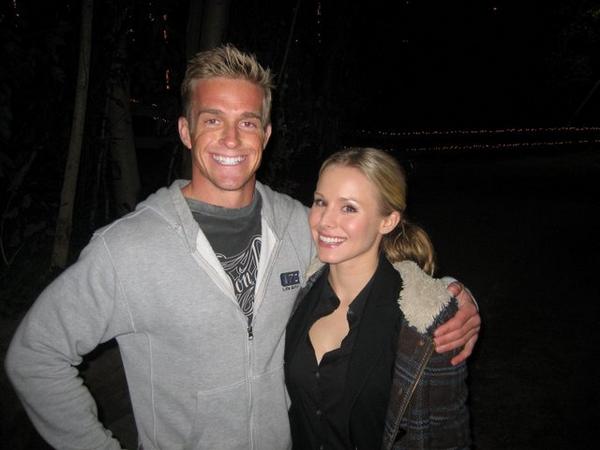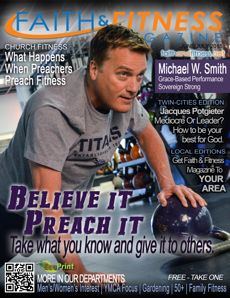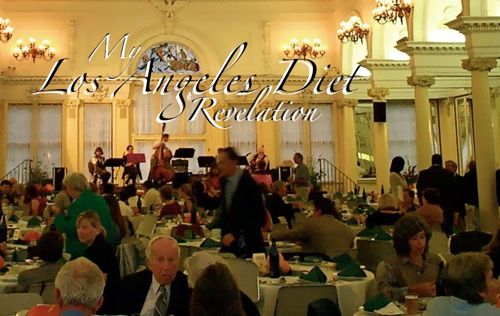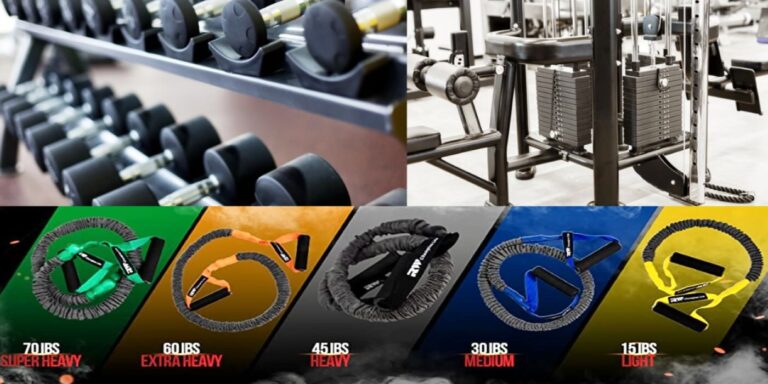By Holly Pinkham, author at Overlooked Beauty
How is your “diet” affecting the world around you? I realized the benefits of clean eating and exercise years ago, but when I moved to Los Angeles, the culture was far different from what I was used to.

The epicenter of entertainment revolves around delicious food, trendy new bars, drinks with friends, and staying up late. It’s not exactly the epitome of quality health, despite the popularity of hot yoga and abundance of organic vegan dining.
Everyone I spent time with had the same social habits, so it didn’t take long for me to adapt to what was “normal”. I brushed it off, looking at those around me and thinking, “See, none of these people care about having a six pack or being well rested. I don’t need a perfect body, right? I want to indulge and enjoy like everyone else.”
 I didn’t want to miss out. Deep down, though, it wasn’t true. I wanted to look good and feel healthy. I wasn't at my best living on happy hour food and six hours of sleep.
I didn’t want to miss out. Deep down, though, it wasn’t true. I wanted to look good and feel healthy. I wasn't at my best living on happy hour food and six hours of sleep.
I’d always been into working out and eating well, but I also gave into a lot of temptations and let myself off easy at the gym. I didn’t talk about health and fitness much with my friends, though – I didn’t think anyone really cared, and I didn’t want to be the “health nut”. Especially when too many glasses of wine hid any appearance of abs – I felt a bit self-conscious talking about my fitness lifestyle when it wasn’t plainly obvious.
I eventually cut back, but change didn’t truly occur until I started dating someone who lived much differently. He rarely drank alcohol, stayed at home praying more than going out, and was the only person I knew who worked out as much as I did. My outside influences changed, and a new sense of “normal” shifted my mindset.
FEEDING THE HUNGRY
I fought the change at first, feeling restricted and “religious”, but it eventually snapped me back into the reality of who I wanted to be – a healthy, strong, disciplined individual. I started lifting heavier at the gym, pushing myself harder, and followed motivational athletes on Instagram and YouTube. Suddenly I didn’t feel alone – there was a whole culture on social media dedicated to a fit lifestyle. They didn’t compromise, reached for big goals, and were an example to me.
 The more I saw it, the more I believed it, did it, and preached it.
The more I saw it, the more I believed it, did it, and preached it.
Then I noticed that the more time I spent following fitness competitors and athletes on Instagram, filling my mind with their motivational photos and inspirational messages, the more I started sharing similar posts on my own social media accounts. As I increased my “diet” of healthy influences, the more it naturally flowed out of me, even into daily conversations and prayers. It affected my body, mind, and spirit. It was my new normal. The more I saw it, the more I believed it, did it, and preached it.
People began to respond. They could see the message my life was now telling. Though I’d never stopped working out or eating well, this new deep dive into all-encompassing fitness didn’t even require me to talk about it to people. They asked me questions. They wanted to train with me. They said my posts, words, and lifestyle were motivating. That only motivated me to spread the message more.
I realized something: Health is important to more people than I thought. People appreciate the motivation and inspiration; they’re hungering for a way of life that they know is better for them.
IS FITNESS JUST PHYSICAL?
If we know one of the best ways to help people heal and strengthen their bodies, then why don’t we share everything we know to inspire others to better living?
The physical is only the beginning. Though it has value, we have something of far greater value: A better way of living that has tremendous impact now and lasts into eternity.
Exercise prevents and heals a long list of body issues, physical ailments, and lack of confidence. Prayer, reading and applying Biblical truths and worship heals our body, soul, mind and spirit. We know this, but most people aren't experiencing the freedom, joy and peace of embracing what is truly fulfilling.
Maybe we don’t share it with people because we feel alone or afraid that someone will be offended or won’t want to hear. Perhaps, like me, we’ve not even fully embraced the lifestyle we say we believe.
Become so captivated by the goodness and positive impact of the Christian life that you won't even notice you're “preaching” – it naturally flows out of you.
So what does your “diet” look like? What messages are you constantly feeding yourself with? Are you letting it become such a part of you that it helps improve the way that others think and live – even when you don’t say a word?
 Think about the music you listen to daily. What is it telling you? What about the people you spend your time with – do they encourage you to be more like Christ? Do you read the Bible every day and let it soak in and change the way you think and live?
Think about the music you listen to daily. What is it telling you? What about the people you spend your time with – do they encourage you to be more like Christ? Do you read the Bible every day and let it soak in and change the way you think and live?
The more we feed ourselves with the Word of God, and surround ourselves with the family of God, the more normal the supernatural Christian life becomes, and the more we'll share it with others. We become so captivated by its goodness and positive impact that we don't even notice we're “preaching” – it naturally flows out of us.
Whether it's good nutrition for our bodies, or staying fed with spiritual food, our diet is the most critical component of our success. The more you consume it, the more you believe it, and the more you'll preach it – and in doing so, you'll feed a hungry world in need.
QUESTIONS FOR PERSONAL REFLECTION AND GROUP DISCUSSION
1. Holly begins with the question, “How is your ‘diet’ affecting the world around you?” We often consider how our diet of food and social and spiritual experiences affect us individually. Take a moment to consider how your diet in all these areas of life affects others.
2. Following athletes on Instagram, filling your mind with motivational photos and inspirational messages – It’s all good, right? Take a moment to look deeper and ask yourself, “When does fitness motivation become intoxicating?” How can you recognize where the hunger for physical fitness ends and the hunger for the things of God begins?
3. Holly’s revelation is, “The more I saw it, the more I believed it, did it, and preached it.” We can easily see how this relates to physical fitness, but how can you apply this same truth to your spiritual journey and faith in God? We can use the adage, “It’s not what you say but what you do that speaks most loudly”, as a way to justify being silent and lacking confidence to talk with others about faith in Jesus. Hollywood has found that actions + words speak even louder. Identify some ways you can both believe it AND preach it.
Connect with Holly on Facebook.
MORE RELATED ARTICLES FROM

Victoria's Secret Angel Loses Her Wings And Gets Grounded In God
Body Worship – Why You Should Do It
California 92646 – A Beach Club For Body And Spirit





